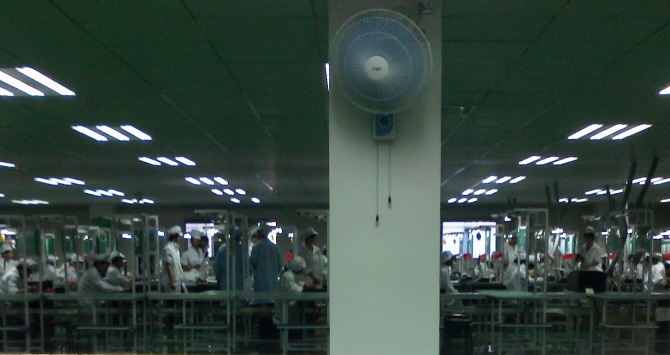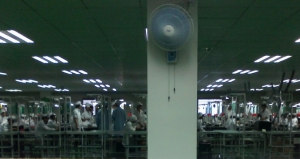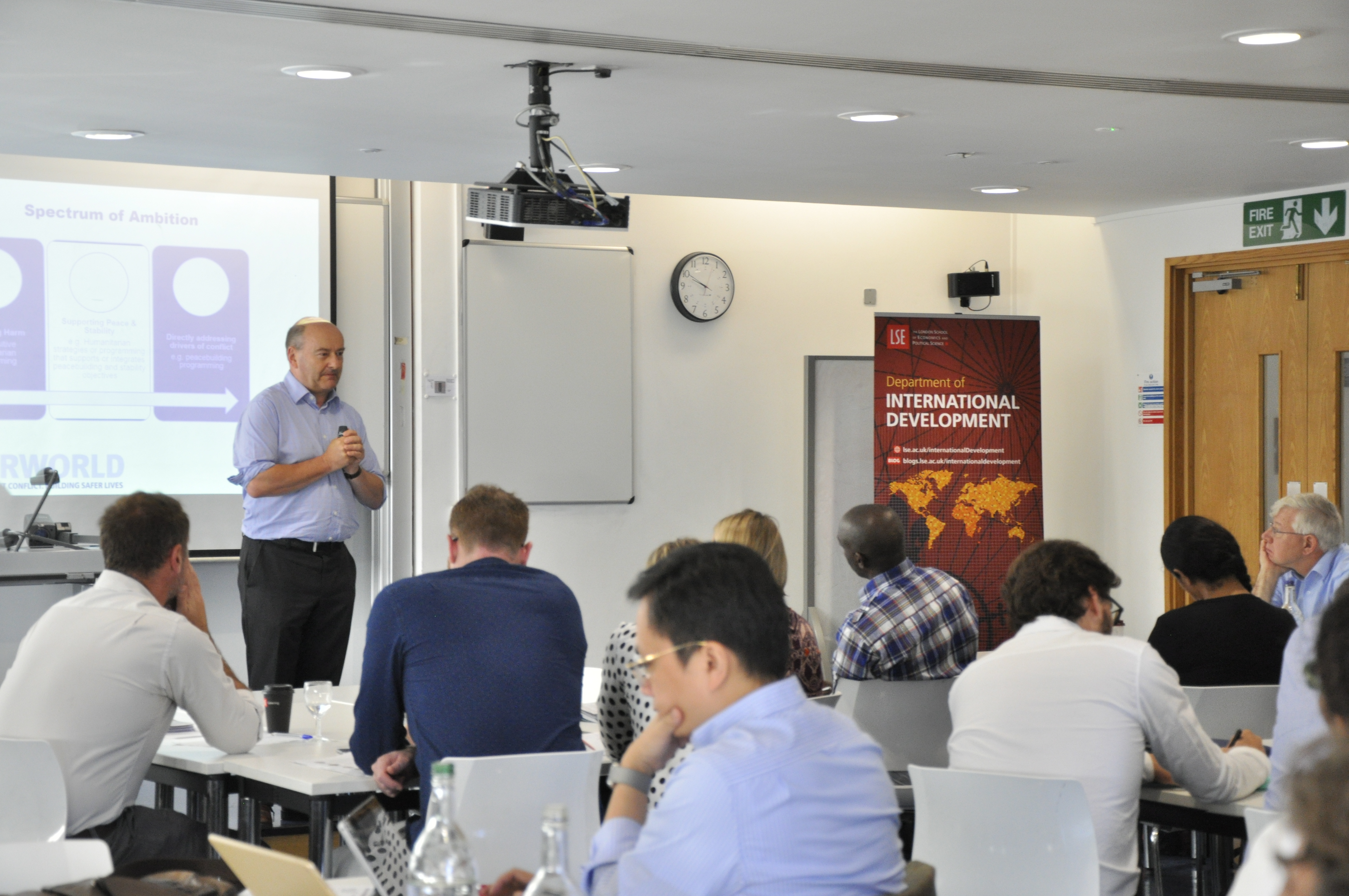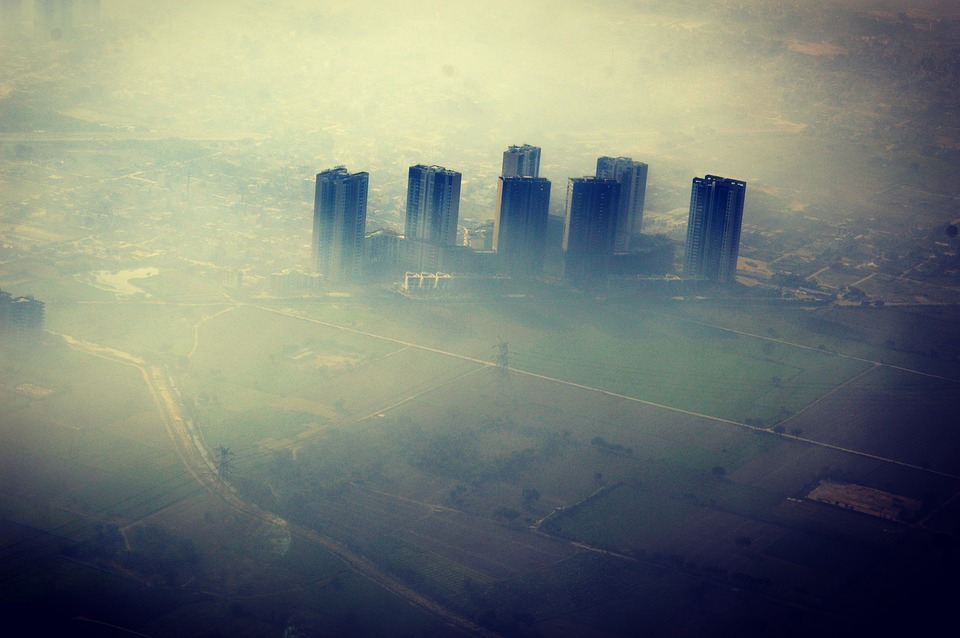At last week’s Conservative Party conference, the Secretary for Health, Jeremy Hunt, urged the British population to “be prepared to work hard in a way that Asian economies are prepared to work hard”. His indirect reference to China must surely set alarm bells ringing amongst those who are familiar with the tale of “hard work” in China for the less well-off.

China has sustained historically phenomenal growth rates for over three decades. It has rapidly reduced poverty and raised the living standards of millions of people in China. This all deserves much praise and admiration.
However, this has not been without a price. There are huge environmental costs as anyone can testify who has experienced the lung-wrenching smogs that periodically blanket most major cities. The widening income inequalities mean that China is now one of the most unequal societies in the world.
But perhaps of most concern are the working conditions endured by millions of migrant workers whose toil and labour have built the glitzy high-rise buildings of Shanghai and Beijing, the high-speed rails that snake their way from north to south and the luxury villas that house China’s ultra-rich.
Despite China’s array of labour laws migrant workers in China continue to labour for seven days a week, often working 12-hour shifts for a wage that is little more than the local minimum. To be sure there has been some improvement over the years, particularly in higher-skilled industries where workers are better positioned to bargain for a higher wage.
But for the mass of rural migrant workers in China they continue to endure often militaristic-like factory regimes where even basic human functions such as going to the toilet are closely monitored. Furthermore, despite China having the world’s largest trade union, Chinese workers struggle to get their grievances addressed through official union channels. Not only do many private companies not tolerate the presence of unions, but where they do exist they are often headed by relatives of the owners or even the heads of human resources departments.
Moreover, since 2012 labour NGOs in China have been subject to constant harassment and threats of closure. It is not surprising then that China experiences strikes and work-place related protests on a daily basis.

Apart from low wages and long working hours, Chinese workers endure poor health and safety environments. In 2014, according to official statistics, there were 68,061 workplace deaths, roughly 186 per day, more than occur in one year in the UK. Such deaths and accidents are not for want of legislation. At the end of 2014, an amended Work Safety Law came into force that obliges companies to make clear their work safety responsibility system.
How effective the amended law will be remains to be seen. However it will have to puncture the tight-knit web of interests between local governments and companies that have so often hindered workplace improvements in the past. The test of the pudding will be in whether injured workers have any better chance of gaining compensation for workplace injuries.
With so many workers now hired through sub-contracted agencies, often without a written employment contract, it has been difficult for workers to get basic proof of employment to even start processes of compensation.
There is nothing wrong with hard work. However, when the call for ‘hard work’ is more about a race to the bottom than about decent working conditions, then we need to heed with caution appeals to emulate the less endearing aspects of Chinese-style growth.
Professor of International Development,
London School of Economics
(For more of her work on China and labour issues, see publications).
Related Posts
   |






